Audience: Physicians
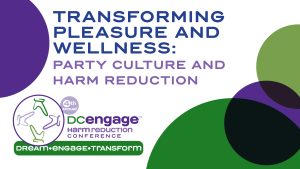
Transforming Pleasure and Wellness: Party Culture and Harm Reduction
This panel discussion explores the intersection of pleasure, party culture, and harm reduction. Panelists will share insights on fostering wellness, promoting safety, and addressing substance use in social settings, emphasizing inclusive, judgment-free strategies to support informed and empowered choices.
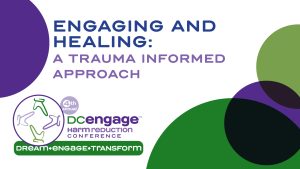
Engaging and Healing: A Trauma Informed Approach
This session provides an in-depth exploration of trauma-informed care, emphasizing the importance of recognizing trauma’s pervasive impact and integrating responsive practices. Participants will gain insights into fostering trust, promoting safety, and empowering individuals through culturally sensitive, evidence-based approaches that prioritize healing and resilience.
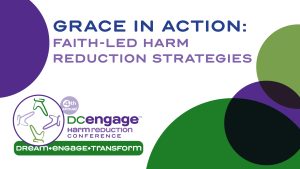
Grace in Action: Faith-Led Harm Reduction Strategies
This session explores the role of faith communities in advancing harm reduction principles. It highlights compassionate, inclusive approaches rooted in faith-based values to support individuals on their journey toward healing and wellness, fostering trust, dignity, and meaningful engagement within spiritual contexts.
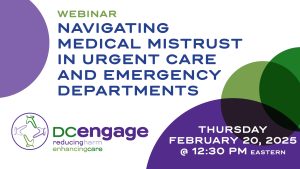
Navigating Medical Mistrust in Urgent Care and Emergency Departments
This webinar will address the critical issue of medical mistrust among individuals who use drugs, especially within the high-stress environments of emergency departments and urgent care centers. Many people who use drugs face unique barriers to receiving compassionate, non-judgmental care in these settings, often due to past experiences of discrimination, stigmatization, and misunderstanding.

Screening, Diagnosis, and Linkage to Care to Improve Longitudinal Care for Opioid Use Disorder and Stimulant Use Disorder
This webinar discusses strategies to increase and improve clinicians’ capacity to provide care for people with OUD and substance use disorder (StUD), increase linkage to care and engagement across various settings, and increase equitable delivery and access to care/services among people who use drugs, as well as those previously underserved by overdose prevention programs.
Equitable Care: Empowering Clinicians in Pain Management for OUD and SUD Populations
This module provides a comprehensive understanding of pain management in individuals with Opioid Use Disorder (OUD) and Substance Use Disorder (SUD), through exploring the physiological and psychological implications of these disorders on pain perception and management; challenges may include balancing pain relief with the risk of addiction, addressing stigma and discrimination, and navigating complex medication regimens.
DC Engage 3rd Annual Harm Reduction Conference
This content was originally presented at the 3rd annual DC Engage Harm Reduction Conference in Washington, DC. Review the content at your own pace.
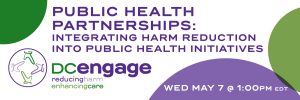
Public Health Partnerships: Integrating Harm Reduction into Public Health Initiatives
This webinar will introduce the concept of harm reduction and its critical role in public health initiatives, especially those focused on HIV prevention and care. The faculty will discuss the evolution of HIV services and strategies for integrating innovative harm reduction approaches into these initiatives.
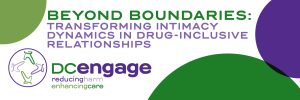
Beyond Boundaries: Transforming Intimacy Dynamics in Drug Inclusive Relationships
This webinar will provide participants with an overview of how to apply harm reduction principles for people who use drugs (PWUD) to the context of sexual health and relationships.
Social Justice/Language Justice Implications for Services and Retention in Care
This group discussion focuses on social justice and retention in care.
